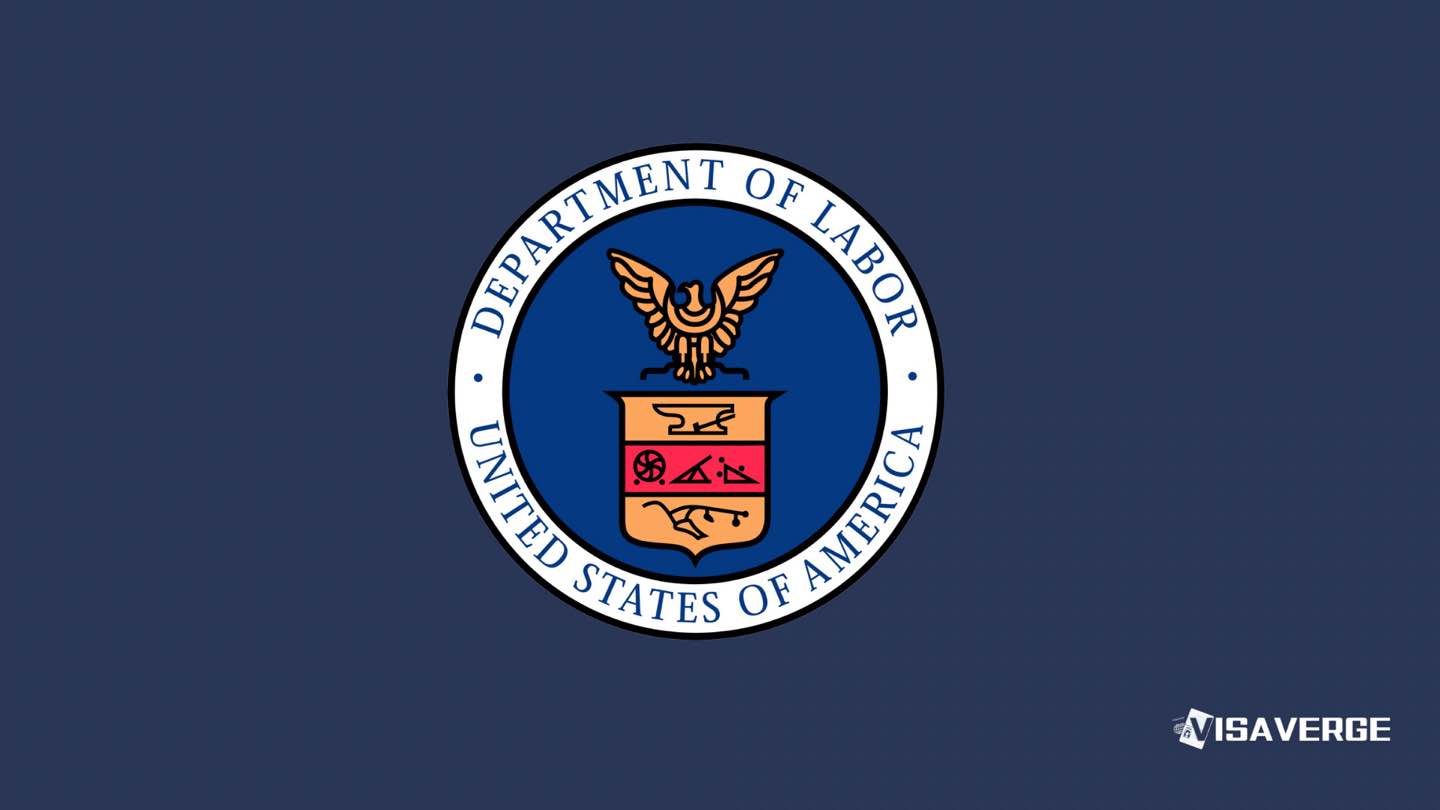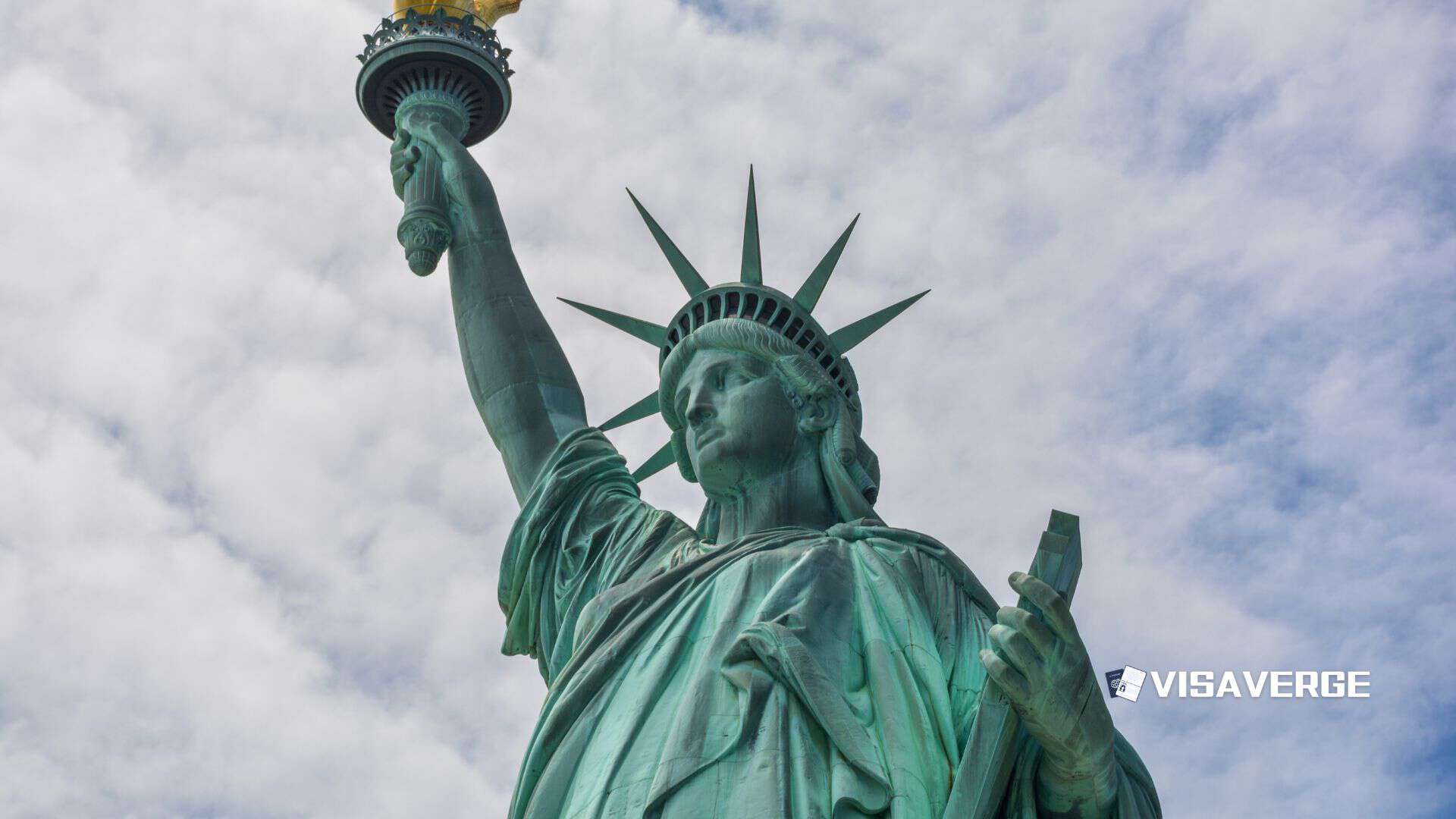The U.S. Department of Labor’s (DOL) newly proposed contractor rule has sparked a significant debate within various sectors of the economy, particularly amongst businesses that heavily rely on independent contractors for their daily operations. With the rule set to go into effect on March 11, there’s a rush of legal challenges attempting to thwart its implementation. In this blog post, we’ll delve into the specifics of the DOL contractor rule, the basis of the mounting lawsuits against it, and what the future might hold for worker classification in the U.S.
What is the DOL Contractor Rule?

The Department of Labor’s latest regulation aims to tighten the criteria for classifying workers as independent contractors rather than employees. This distinction is crucial because it determines a company’s legal and tax obligations towards its workers. Employees are protected by federal labor laws, including minimum wage and overtime rules, while independent contractors are not. This shift could significantly impact industries like trucking, construction, and tech, including major players such as Uber and Lyft.
The DOL issued this rule in January, outlining six non-exhaustive factors to assess the relationship between a worker and a company. This new standard veers away from a Trump-era rule that simplified classification, focusing more on a worker’s control over their work and potential earnings.
Legal Challenges Against the DOL Contractor Rule
As of now, at least four lawsuits have been filed in federal courts across Texas, Georgia, Tennessee, and Louisiana. These challenges argue that the rule contravenes the Administrative Procedure Act (APA) and deviates from the text of the Fair Labor Standards Act (FLSA), thus overstepping the DOL’s statutory authority.
For instance, freelance writers Margaret Littman and Jennifer Chesak, in their lawsuit filed in Tennessee on February 21, assert that the rule forces freelancers “to enter undesirable employment relationships or to refrain from working at all,” showcasing the rule’s broader implications on the gig economy.
Similarly, Frisard’s Transportation LLC in Louisiana and another group of freelance writers in Georgia have lodged nearly identical challenges. Notably, the freelancers also raise constitutional concerns, arguing that the new rule violates the non-delegation doctrine by unlawfully transferring legislative powers to the DOL.
Previous Litigations and What’s Next?
Prior to these most recent challenges, business groups succeeded in halting a 2021 Biden administration attempt to regulate worker classification, marking a precedent for the ongoing legal tussles. As these recent challenges unfold, all eyes are on the courts, with implications not only for the immediate future of the DOL rule but also for the broader landscape of federal regulatory authority.
Interestingly, none of the plaintiffs in the current lawsuits have requested to delay the rule’s March 11 effective date. Instead, they seek injunctions to prevent the DOL from enforcing the rule and declarations that the rulemaking was unlawful. However, given the time constraints, the rule may still go into effect before any judicial decision is reached, potentially leading to “regulatory whiplash” if enforcement is later blocked.
The Big Picture
The ongoing legal battles over the DOL Contractor Rule and independent contractor lawsuits reflect a broader debate about the nature of work in the modern economy. As businesses and freelancers alike navigate these changes, staying informed and understanding both the legal landscape and regulatory intentions is vital.
For individuals and companies looking for authoritative information on these issues, the Department of Labor’s official website provides resources and updates on the rule and its implementation. Visit the DOL website for more information.
In conclusion, the outcome of these worker classification challenges has the potential to reshape the American workforce profoundly. By balancing the needs for flexibility in the gig economy with protections for workers, the legal system and policymakers will set precedents that could influence labor practices for decades to come. As these cases proceed, stakeholders across sectors should pay close attention to the evolving legal interpretations and their ramifications for the future of work.
This Article In A Nutshell:
The U.S. Department of Labor’s new contractor rule, effective March 11, faces legal challenges altering worker classification. The rule tightens criteria for independent contractors, impacting industries like tech and transportation. Lawsuits in several states contest its legitimacy, raising constitutional issues, with potential implications for federal regulation and the gig economy.





